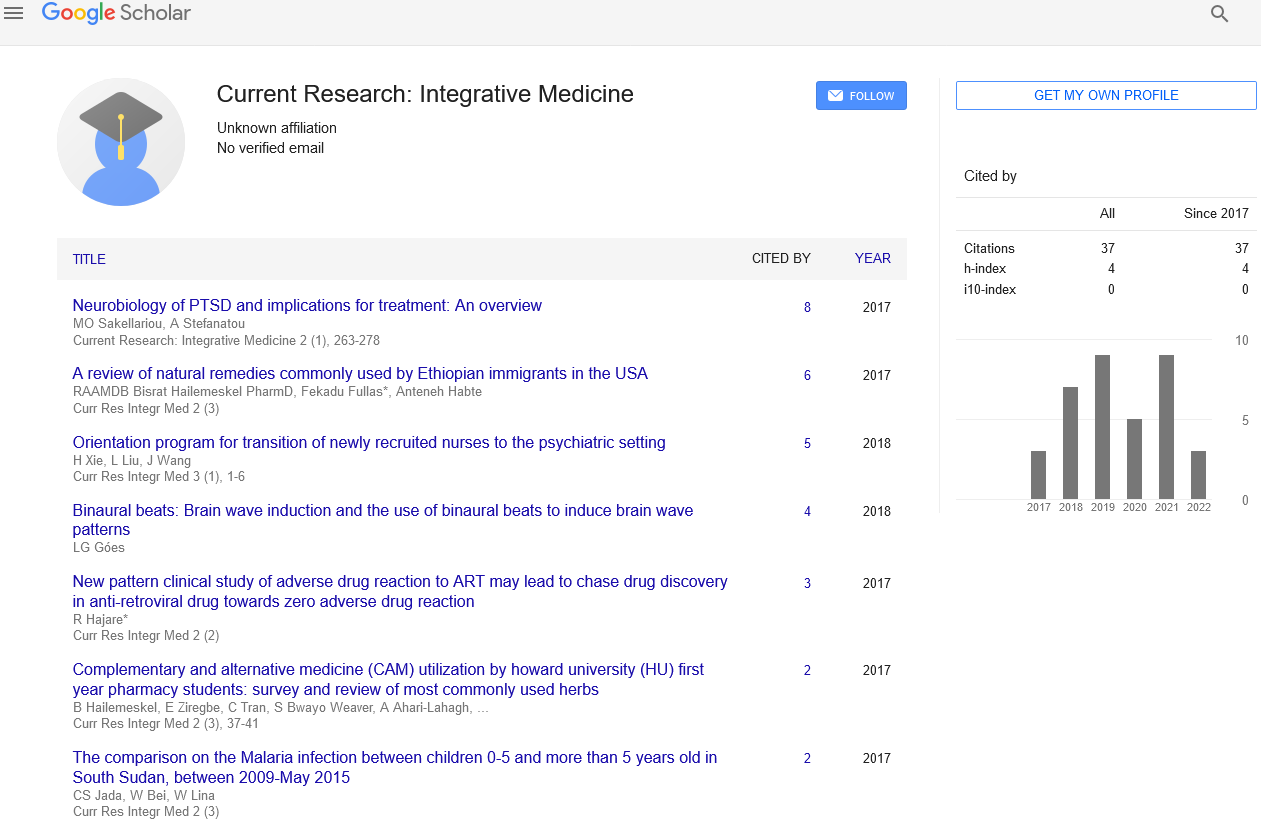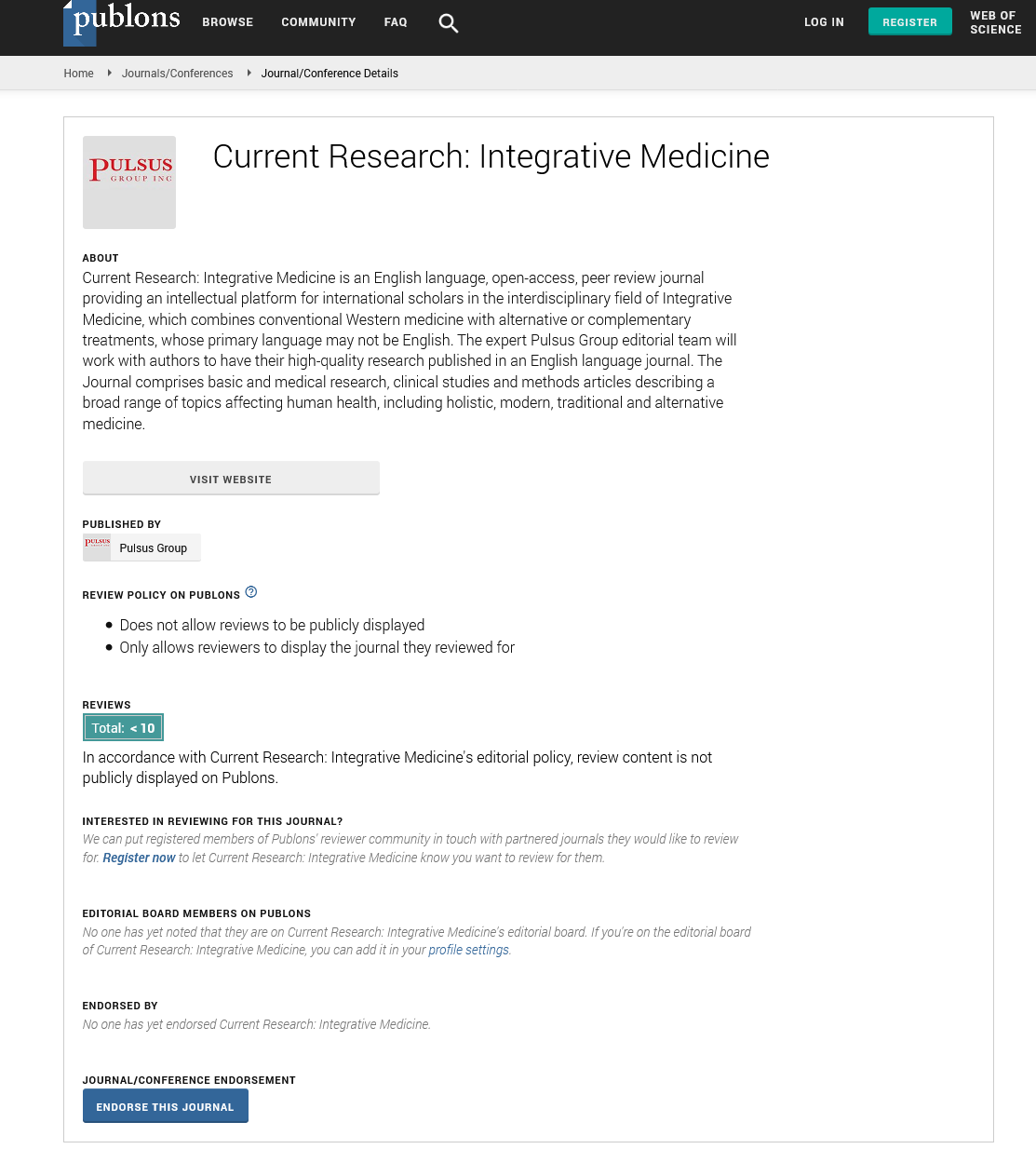
Sign up for email alert when new content gets added: Sign up
Impaired neuromuscular function eight and twenty-six weeks after childbirth
Yoga and Physiotherapy Congress
October 16-17, 2017 Chicago, USA
Rita Deering
Marquette University, USA
Posters & Accepted Abstracts: Curr Res Integr Med
Abstract :
Pregnancy and childbirth present many perturbations to the musculoskeletal system. Low back pain, pelvic girdle pain, and incontinence are associated with pregnancy and childbirth, and have been linked to dysfunction of the abdominal muscles. However, the musculoskeletal system is not assessed as part of standard postpartum care in the US. We hypothesized that postpartum women would demonstrate impaired strength and fatigability of the abdominal muscles, and greater sensitivity to experimental pain, than women who have never been pregnant. We assessed strength and fatigability of the trunk flexor muscles, fatigability of the lumbopelvic stabilizing muscles, and pressure pain thresholds at the abdomen and nailbed in 29 postpartum women (20-40 years; 19 vaginal deliveries) and 22 control women. At eight weeks after delivery, postpartum women demonstrated severe deficits in strength (33%, p<0.05) and fatigability (71%, p<0.05) of the trunk flexor muscles, and fatigability of the lumbopelvic stabilizing muscles (34%, p<0.05) compared to control women. Postpartum women were also more sensitive to experimental pain (26%-37%, p<0.05). At 26 weeks after delivery, postpartum women continued to demonstrate significant impairments in strength (44%, p<0.05) and fatigability (52%, p<0.05) of the trunk flexor muscles, and fatigability of the lumbopelvic stabilizing muscles (23%, p<0.05) compared to control women. Postpartum women demonstrated a similar pressure pain threshold as control women at the nailbed (p>0.05), but continued to demonstrate increased sensitivity to pain at the abdomen (30-37%, p<0.05). These findings highlight the importance of assessment and rehabilitation of the abdominal muscles after pregnancy.





